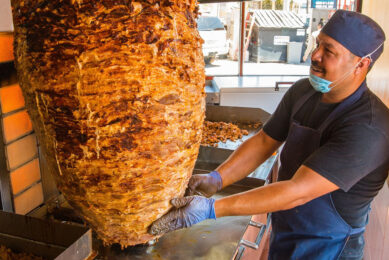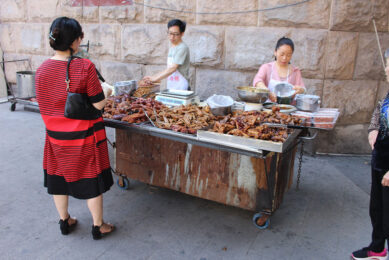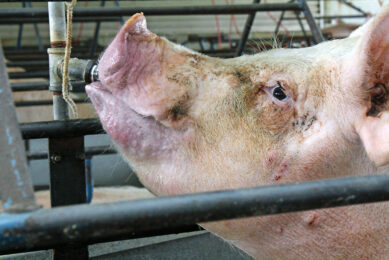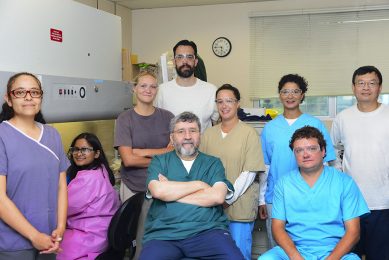USDA: Livestock Disaster Assistance Programs
Agriculture Secretary Tom Vilsack announces that producers may begin applying for benefits under the provisions of the Emergency Assistance for Livestock, Honeybees, and Farm-Raised Fish Program (ELAP) and the Livestock Forage Disaster Program (LFP).
These permanent disaster programs, authorized in the 2008 Farm Bill, replace previous ad-hoc disaster assistance programs and are funded through the Agricultural Disaster Relief Trust Fund.
“President Obama and I are committed to meeting the needs of those producers who have suffered devastating losses from natural disasters,” said Vilsack. “These programs ensure that producers who have suffered agriculture losses receive the critical disaster assistance needed to remain financially solvent and help them continue on in their operations.”
Livestock Forage Disaster Program (LFP)
LFP provides payments to eligible livestock producers who have suffered livestock grazing losses due to qualifying drought or fire. For drought, the losses must have occurred on land that is native or improved pastureland with permanent vegetative cover or a crop planted specifically for grazing for covered livestock due to a qualifying drought during the normal grazing period for the specific type of grazing land in the county. For fire, LFP provides payments to eligible livestock producers that have suffered grazing losses on rangeland managed by a federal agency if the eligible livestock producer is prohibited by the federal agency from grazing the normal permitted livestock on the managed rangeland due to a qualifying fire.
Eligible livestock under LFP include beef cattle, alpacas, buffalo, beefalo, dairy cattle, deer, elk, emus, equine, goats, llamas, poultry, reindeer, sheep and swine. For losses due to drought, qualifying drought ratings are determined using the U.S. Drought Monitor located at www.drought.unl.edu/dm/monitor.html.
Emergency Assistance for Livestock, Honeybees, and Farm-Raised Fish Program (ELAP)
ELAP provides emergency assistance to eligible producers of livestock, honeybees and farm-raised fish that have losses due to disease, adverse weather or other conditions, including losses due to blizzards and wildfires. ELAP assistance is for losses not covered under other Supplemental Agricultural Disaster Assistance programs established by the 2008 Farm Bill, specifically LFP, the Livestock Indemnity Program (LIP) and the Supplemental Revenue Assistance Payments Program (SURE). ELAP is being implemented to fill in the gap and provide assistance under other conditions determined to be appropriate.
For both programs, producers must have suffered losses that occurred on or after Jan. 1, 2008, and before Oct. 1, 2011. There is a total $100,000 limitation per crop year that applies to payments received under ELAP, LFP, LIP or SURE. For the 2008 crop year, the $100,000 limitation is per “person” as defined and determined under payment limitation rules in effect for 2008. For crop years 2009 through 2011, the $100,000 limitation applies to payments received, both directly and indirectly, by a person or legal entity. Furthermore, individuals or entities are ineligible for payment under ELAP or LFP for 2008 if their average Adjusted Gross Income for 2005, 2006 and 2007 exceeds US$2.5 mln. For 2009 through 2011, an average adjusted gross non-farm income limitation of $500,000 applies and is determined using the three taxable years that precede the most immediately preceding complete taxable year (for 2009, the applicable years are 2005, 2006 and 2007).
For more information, visi www.fsa.usda.gov.











